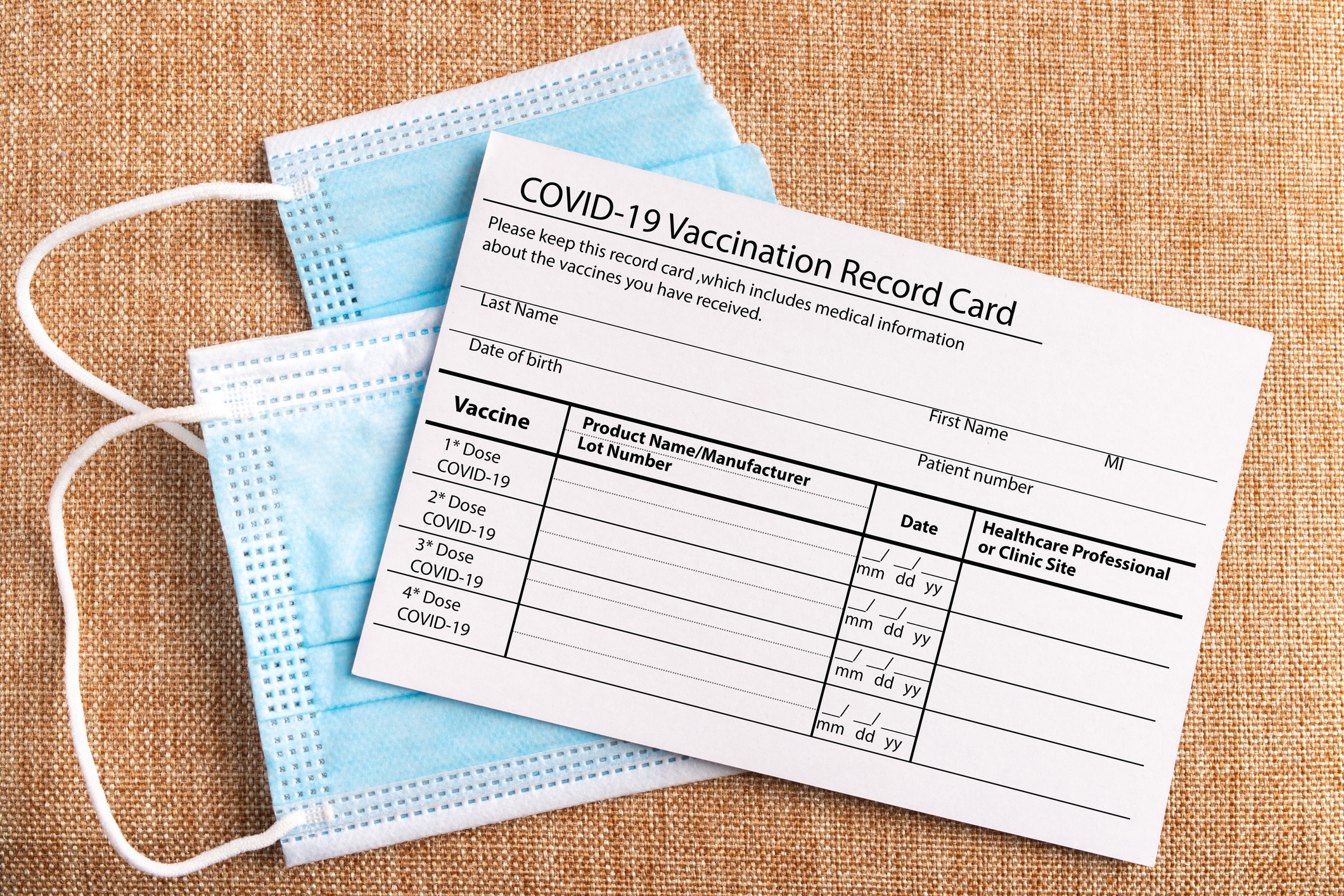
 I was fortunate to receive my second dose of the COVID-19 mRNA vaccine recently. I won’t be letting my guard down any time soon though!
I was fortunate to receive my second dose of the COVID-19 mRNA vaccine recently. I won’t be letting my guard down any time soon though!
Over the coming days and months, most of my patients, family, friends and community will be getting the vaccine. With millions of people being vaccinated, it is still vitally important to combat the virus with good hygiene. Hand-washing is always a great idea, even when we aren’t in a pandemic. While we will have to continue to mask up and socially distance for a while longer, hopefully COVID-19 will be behind us soon.
While we know that the mRNA vaccines work to protect us and our loved ones against COVID-19, many people have questions about how they work and what life will be like after the vaccine. I wanted to share answers to the questions I’ve gotten the most:
Of the two vaccines currently available, which one should I get? Is Pfizer or Moderna better?
From the studies we have right now, the Pfizer and Moderna mRNA vaccines are very similar in safety and effectiveness.
What is the mRNA in the vaccine? How does the mRNA vaccine work?
mRNA stands for “messenger” RNA. Every living being, including viruses, have mRNAs which are blueprints for making proteins.
COVID-19 has 29 unique proteins. The Pfizer and Moderna vaccines contain a tiny mRNA blueprint for only one of the COVID-19 proteins called “Spike”. When vaccinated, our cells take up the blueprint and make Spike protein. Our immune system sees Spike as foreign because humans do not normally make Spike. Our immune system surrounds Spike with immune cells and makes antibodies to neutralize it.
When the booster is given three-to-four weeks later, our cells again make Spike from the vaccine blueprint. Our immune system sees Spike again as a foreign invader and makes even more antibodies as well as immune cells with a memory directed at Spike. If we are infected with COVID-19, the Spike protein on the actual virus surface will be immediately recognized by our immune system as a foreign invader. Vaccination has prepared us to quickly combat the virus so that it does not have the chance to replicate and make us sick.
Will I get COVID-19 from the vaccine?
Infectious COVID-19 is made of 29 different proteins. The mRNA vaccine is a tiny strand of mRNA which is the blueprint for a single protein called Spike. While the vaccine can cause us to have an expected immune response, it does not cause COVID-19.
Will the vaccine make me sick? Will I have side effects?
The purpose of the vaccine is to prepare the body for when it actually encounters COVID-19. The way the body prepares is called an immune response. You may feel pain at the site of the vaccine for a few days (I certainly did!) or may have swollen lymph nodes near the vaccine site. Feeling tired, “run down,” and having a headache, mild fever, chills and nausea are expected for a couple of days after the vaccine. Many people have no side effects. You may have a greater chance of side effects after the second dose. I mostly felt tired and went to bed a little early the day after my second dose! These feelings are not great but they are expected and normal. They are much easier than having severe COVID-19 infection.
After am I am vaccinated, can I go back to living normally?
Not yet. Much of the population will need to be vaccinated before the virus will stop spreading. We recommend continued hand-washing, masking and social distancing for everyone, regardless of if they have already had the infection or the vaccine. Stay tuned for further guidance from the Centers for Disease Control and Prevention (CDC) as well as community health leaders about masking and social distancing, but hand-washing is ALWAYS a good idea!
If I have had the infection or vaccine, can I still spread the virus to others?
Possibly. There are studies showing that individuals who are personally protected from the virus due to vaccination or prior infection, can still carry the virus around on their hands in their noses even though it does not make them personally sick. So again, masks, social distancing and hand-washing will help to keep everyone safe from the virus until we get it under control.
I have already had COVID-19. Should I still get the vaccine?
Yes. There is evidence that people have some protection against COVID-19 for up to 90 days after a symptomatic infection, but the vaccine appears to provide longer and stronger protection against future infection. Ask your health care provider about the timing of vaccination if you are recovering from or have had COVID-19.
I hope this information is helpful for you. If you have questions or concerns about your specific condition or if taking the COVID-19 vaccine is right for you, please reach out to your health care providers. Until next time, be well!









